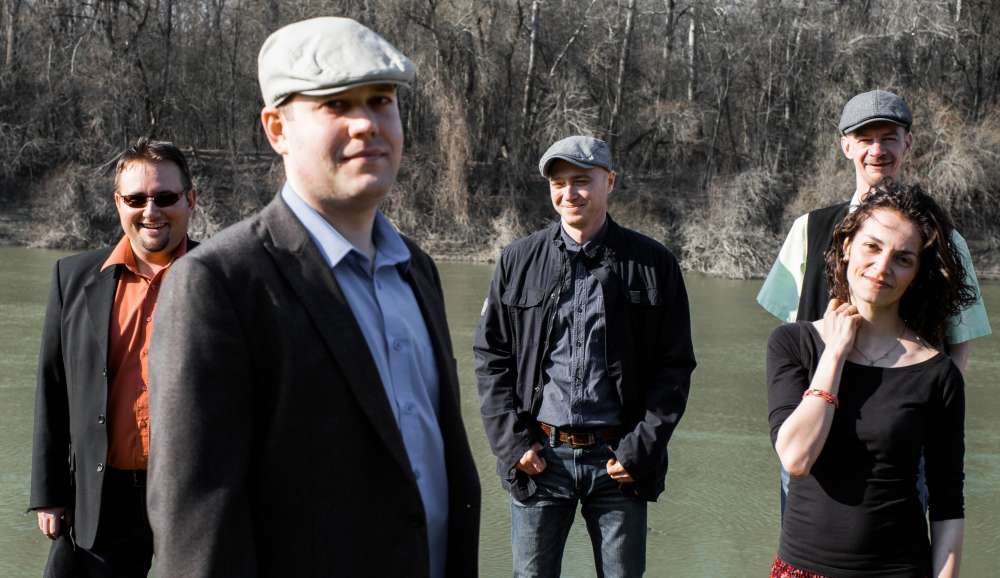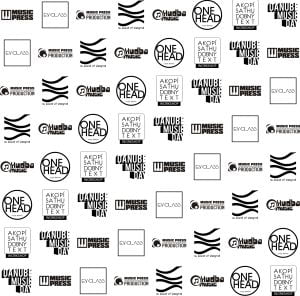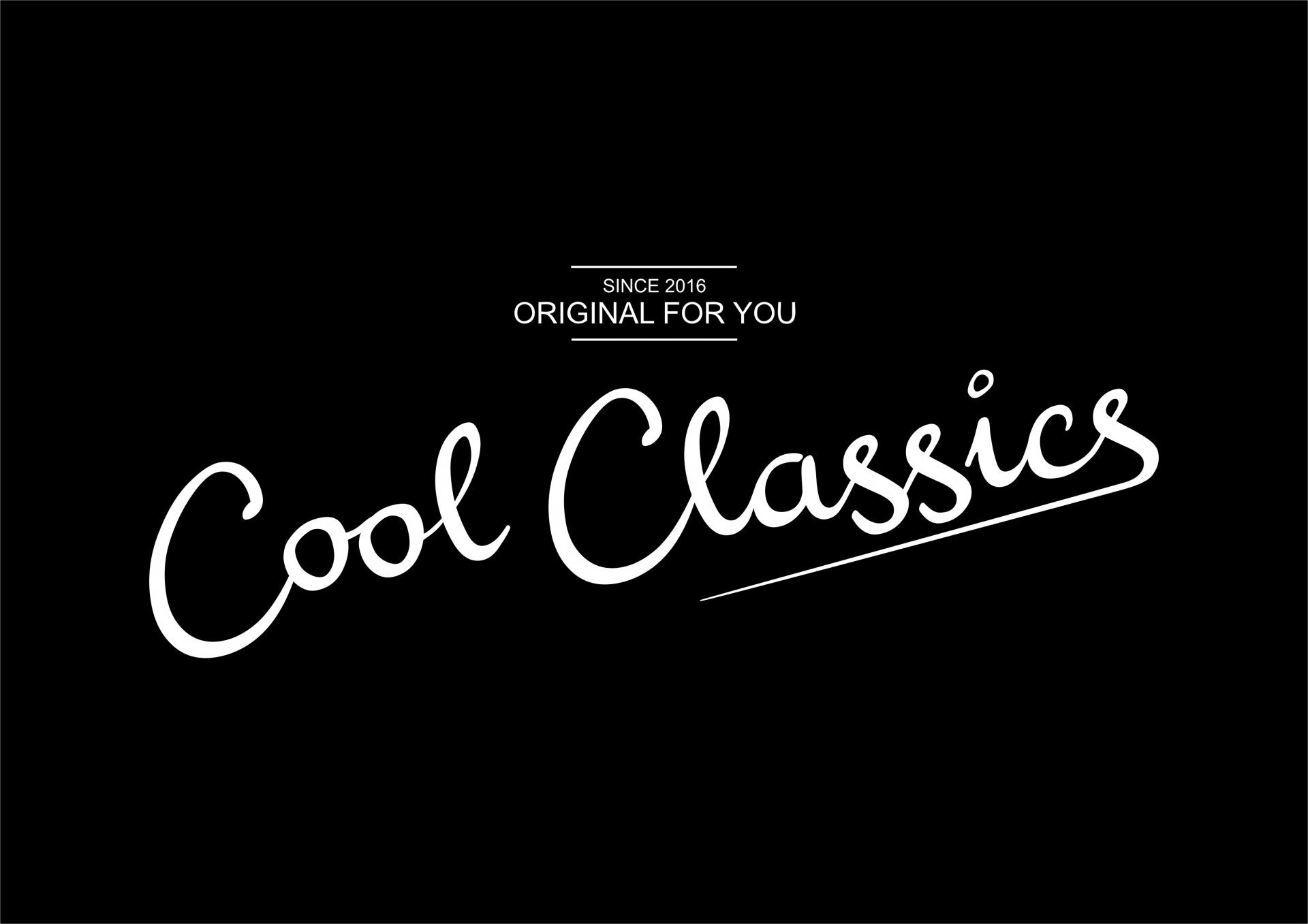Šesťčlenná maďarská skupina MasKÉP hrá oduševnené piesne, ktoré by sme mohli zaradiť do škatuľky world music. Lenže v ich prípade je škatuľka pritesná. Inšpiráciu naberajú v africkej, balkánskej i írskej hudbe, ako aj v maďarskej poézii, ktorú voľne zhudobňujú.

We do not think that Hungarian groups are isolated. Music is a universal language, no matter what nationality the artist or the audience is. Of course, the situation is slightly different with songs sung in the native language, especially when it comes to the high artistic value of poetry. The text and the content are harder to pass, but in this case the experience of music and mood can be the key to understanding. We are also striving for this in our work to present the poetry atmosphere with our own melodies.

Nemyslíme si, že maďarské skupiny sú izolované. Hudba je univerzálnym jazykom, nezáleží na tom, akej národnosti sú umelci, alebo ich publikum. Samozrejme, situácia sa mení, keď spievate piesne v rodnom jazyku, najmä pokiaľ majú vysokú úroveň poézie. Text a obsah sa potom vníma a chápe ťažšie. V tomto prípade môže byť hudba a nálada kľúčom k pochopeniu. Pri našej tvorbe sa snažíme túto atmosféru prezentovať skrz naše melódie.

The Tamás Cseh Program aims to support popular music of Hungary in many ways. Our band won support for the first time in 2015, when we were able to create our first album and video clip.

Cieľom Tamás Cseh programu je podporovať maďarskú populárnu hudbu rôznymi spôsobmi. Prvýkrát sme získali podporu v roku 2015, vďaka čomu sme mohli nahrať náš prvý album a nakrútiť videoklip.

Tamás Cseh was a very influential creator, his work was known by many. Nowadays, there are also many poet singers in the country, they sing poetry of well-known poets or sing their own poems. This type of presentation focuses on text, music is a kind of carrier. In our case, this is rather inversely. Music inspired by poems is the main line in which the poem is also displayed.

Tamás Cseh bol vplyvným umelcom a jeho tvorba má dodnes veľký ohlas. V Maďarsku máme mnoho pesničkárov, ktorí spievajú poéziu známych básnikov, alebo interpretujú svoje vlastné básne. Tento typ prezentácie sa zameriava na text, hudba je len spôsob jeho šírenia. V našom prípade ideme skôr tou nepriamou cestou – hudbou inšpirovanou básňami.

Our band was formed in 2011, we play music since then together with fewer expansions and changes. Reaching harmony was quite fast, our friendly approach helped us. We’re thinking the same way, that’s why we’re friends. Music is music, whether it is folk, pop, or rock and roll, the goal is common: self-expression and fun. We want to feel good, and this music helps a lot. And we are trying to show it on the stage as well.

Kapelu sme založili v roku 2011 a od tej doby sme prešli niekoľkými zmenami a naša zostava sa rozrástla. K dosiahnutie harmónie prišlo pomerne skoro, veľmi tomu dopomohlo aj priateľský prístup každého jedného člena kapely. Myslíme rovnako, preto sa z nás stali priatelia aj v súkromnom živote. Hudba je hudbou, či už je folkom ,popom, alebo rock and rollom, cieľ zostáva tiež rovnaký: sebavyjadrenie a zábava. Chceme sa cítiť dobre a naša hudba nám k tomu veľmi pomáha, čo sa potom prejavuje aj na pódiu.

We are not traditionalists, the common idea of poetry and music is the key to our music. As African, Balkan or Irish music has touched us, others can get the tone of our music. World music is a demanding combination of the music and genres of different cultures. Being a traditionalist, of course, a completely different issue. The rules are a bit stricter, be a classical musician or even a folk musician. These two are closely related, but the point where the emphasis is shifted is mainly a matter of taste.

Nepatríme k tradicionalistom, spoločná idea poézie a hudby je kľúčom k pochopeniu nášho sebavyjadrenia. K africkej, balkánskej a írskej hudbe dostávame tóny našej muziky. World music je náročnou kombináciou rôznych štýlov a žánrov a odlišných kultúr. Byť tradicionalistom je zase úplne inou záležitosťou. Pravidlá sú tam trochu prísnejšie, či už patríte k hudobníkom vážnej alebo ľudovej hudby. Tieto dva sveta majú k sebe veľmi blízko, ale miesto, kde sa tento prízvuk posúva je vecou dôrazu.

We draw inspiration from everything and use them in our music. Music is music everywhere, it does not have to be framed. We are also trying to represent this view with our songs. What is truly „Hungarian music“ is the music of Hungarian folk music, or for example the compositions of Bartók and Kodály (which are also strongly influenced by folk music). Many famous and world-renowned Hungarian artist out there who can perform for example the works of Bartók, or even Hungarian folk tunes in the most authentic way.

Inšpirujeme sa všeličím, čo sa potom prejavuje aj v našej hudbe. Hudba je hudbou kdekoľvek, nemusí byť nutne zaškatuľkovanou. Snažíme sa tento názor prezentovať v našich piesňach. To, čo je skutočne „maďarskou hudbou“ je hudba maďarského folklóru, alebo ak by som mal dať presnejší príklad, tak kompozície Bartóka a Kodályho (obaja sú silno ovplyvnené folklórnou hudbou). Mnoho známych a svetovo renomovaných maďarských umelcov pôsobiacich v zahraničí vystupuje so skladbami Bartóka, alebo s rôznymi maďarskými ľudovými melódiami, čo je ten najautentickejší spôsob.

We grew up with the poetry of Attila József and Sándor Weöres. The poems we chosen show up-to-date topics that are of interest to us as well. These are common thoughts, we think the same way, but they can tell these words more beautiful. We are trying to show these same ideas with music.

Vyrástli sme na poézii Attillu Józsefa a Sándora Weöresa. Básne, ktoré sme si vybrali k zhudobneniu, odkazujú na témy, ktorá nás zaujímajú. Sú to bežné myšlienky, s ktorými sa stotožňujeme, len sú povedané z úst básnikov omnoho krajšie. Snažíme sa ich vyjadriť skrz hudbu.
The appearance was supported by the Cseh Tamás Program.









